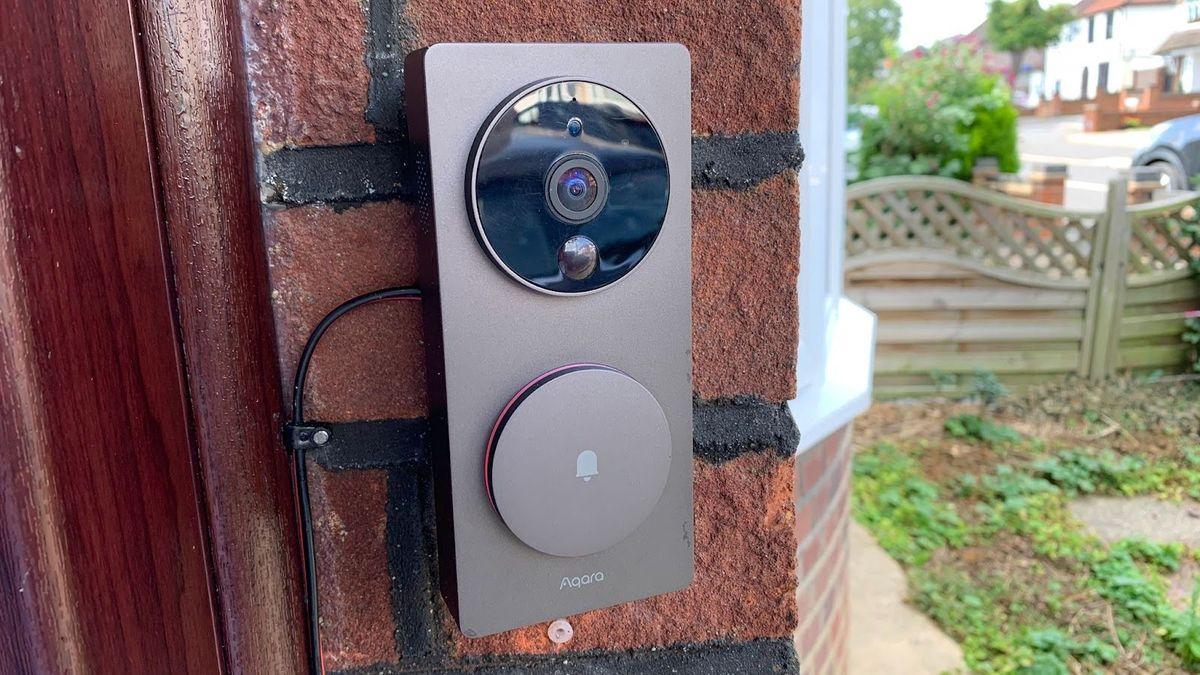Apple recently announced a groundbreaking update to its macOS Sequoia, claiming to have found the perfect balance between user privacy and convenience. The tech giant is introducing a tweak that will result in “fewer permission alerts” for screen recording. This move is set to have a significant impact on how we interact with our devices while maintaining our privacy.
Privacy has always been a fundamental concern for Apple. With each successive iOS or macOS update, the company has consistently stressed its commitment to safeguarding user data. It has implemented various measures to ensure that user information remains secure, such as enhanced encryption, Face ID, and restrictions on app data tracking. One area where Apple has continually focused on improving privacy controls is screen recording.
Screen recording is a feature that allows users to capture their device’s screen activity for various purposes, including creating video tutorials, sharing gameplay, or troubleshooting. However, it has also been subject to misuse or unintentional privacy breaches. For instance, malicious apps or hackers could exploit this functionality to record sensitive information without the user’s consent.
Currently, whenever an application attempts to record the user’s screen in macOS, a permission alert pops up, seeking the user’s approval. While this serves as an effective security measure, it can also become cumbersome for users, leading to frequent interruptions during their workflow. Apple has acknowledged this concern and aims to address it with the forthcoming adjustment.
The new tweak in macOS Sequoia will introduce “fewer permission alerts” for screen recording. Apple claims to have developed an advanced algorithm that can detect legitimate and non-intrusive requests for screen recording. By distinguishing between trustworthy and potentially harmful instances, the system will reduce unnecessary interruptions while maintaining high privacy standards.
This tweak is a significant step forward for Apple in striking a balance between user convenience and privacy. Users will experience fewer interruptions and allow apps to record their screens more seamlessly. At the same time, the enhanced algorithm ensures that only trusted applications get a pass on the permission alerts, significantly reducing the risk of unauthorized or malicious screen recording.
While convenience is undoubtedly a crucial factor in user experience, Apple’s primary concern remains privacy. By limiting permission alerts only to reputable applications, the company ensures that users maintain control over their data. The balance struck by Apple in this update is a win-win situation, allowing users a smoother experience while ensuring their privacy is upheld.
It’s worth noting that Apple’s commitment to privacy extends beyond this specific tweak. The company’s emphasis on user consent and control over data is evident in numerous other features and policies. For instance, App Store guidelines require developers to explain clearly how their apps will use screen recording or request access to sensitive data. In addition, iOS includes intuitive privacy settings that allow users to customize app permissions as per their preferences.
Apple’s dedication to user privacy is commendable, and the tweak in macOS Sequoia further displays their commitment to continually enhance privacy controls. By reducing unnecessary permission alerts, Apple is empowering its users to strike the right balance between convenience and peace of mind. As technology continues to evolve, it is reassuring to know that companies like Apple are actively prioritizing consumer privacy, making strides to protect user data in a digital age where it has become increasingly valuable.
Hey Subscribe to our newsletter for more articles like this directly to your email.
